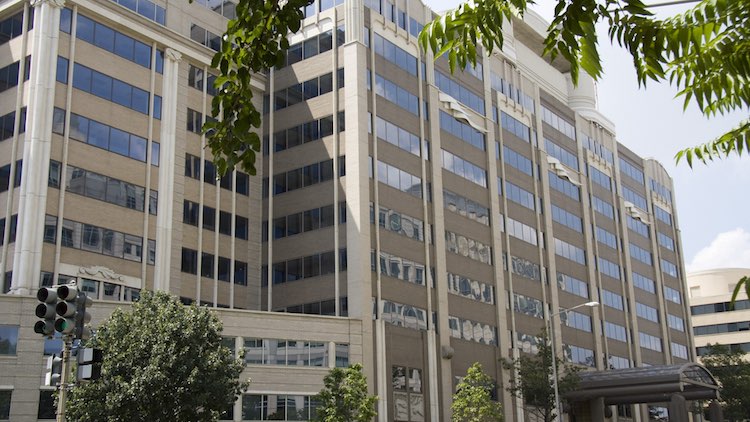FCC Reaffirms Cultural Programming Can Fill Educational Bill

The smarter way to stay on top of broadcasting and cable industry. Sign up below
You are now subscribed
Your newsletter sign-up was successful
The FCC under chairman Ajit Pai has struck a blow for cultural programming.
The FCC has denied a complaint by Beasley Broadcast Group against a Tampa noncommercial low-power FM station for airing an all-music lineup when it promised a range of educational and cultural programming when it applied for the license.
But the FCC did find it had aired one ad and the station's owner, Hispanic Arts, agreed in a consent decree to pay a $2,000 fine.
Beasley, which owns seven stations in Tampa, most of them all-music formats, alleged the licensee had violated the terms of its license and the FCC should review its status.
In its construction permit for the station, WVVF-LP, filed in November 2013, Hispanic Arts had contended that its mission was "promoting the rich history and culture of Hispanics in the Tampa Bay area" through a variety of broadcast programs, including poetry, cultural programs, news and weather, live broadcasts of local events, community calendar, history, interviews politics, discussion, and music programming."
Beasley complained that given that the station was only airing music, it was not advancing its educational mission.
Hispanic Arts said it was first trying to build an audience by initially airing Spanish-language music, including by local artists, and that it was airing permissible underwriting credits.
The smarter way to stay on top of broadcasting and cable industry. Sign up below
"We disagree with Beasley's contention that Hispanic Arts, through a predominantly music format, has failed to advance an educational program," the bureau said. "The Commission generally defers to a licensee's editorial judgment as to what constitutes 'educational' programming, unless that judgment is arbitrary or unreasonable. The requirement to provide programming that advances an educational objective may be satisfied by a variety of programs, including 'cultural programming.' The Commission has previously accepted all-music formats as advancing an educational program. Therefore, we reject Beasley's contention that the station's programming does not constitute 'arts and cultural programming [as] promised in the [Construction Permit] Application' and conclude that further investigation into this issue is not warranted at this time."
The FCC's Media Bureau said there was historically a high bar for designating a station's license for hearing "unless circumstances have arisen that would make operation of the station against the public interest" and said that was not the case here. "The Commission has previously accepted all-music formats as advancing an educational program," it said.
As to airing commercials, the FCC did conclude that one of those underwriting credits violated the FCC's rules against ads on noncoms, but the $2,000 fine took care of that.
Contributing editor John Eggerton has been an editor and/or writer on media regulation, legislation and policy for over four decades, including covering the FCC, FTC, Congress, the major media trade associations, and the federal courts. In addition to Multichannel News and Broadcasting + Cable, his work has appeared in Radio World, TV Technology, TV Fax, This Week in Consumer Electronics, Variety and the Encyclopedia Britannica.

